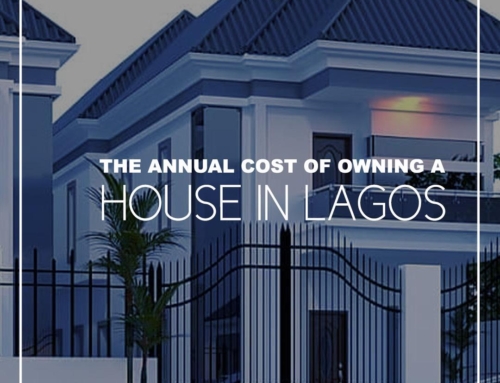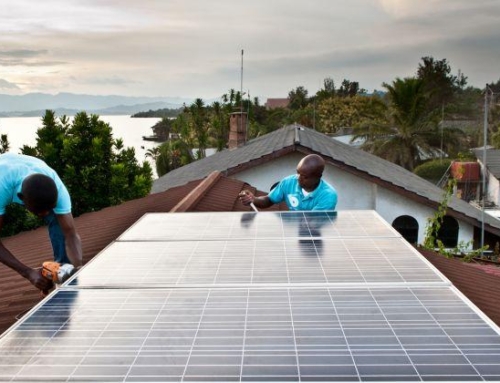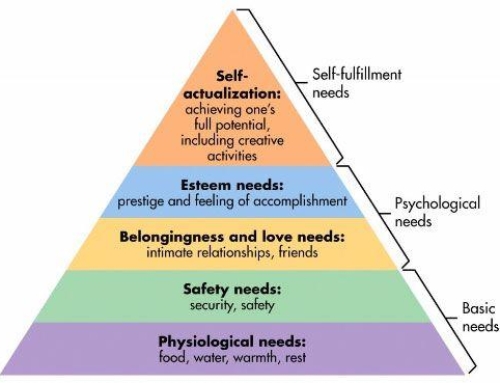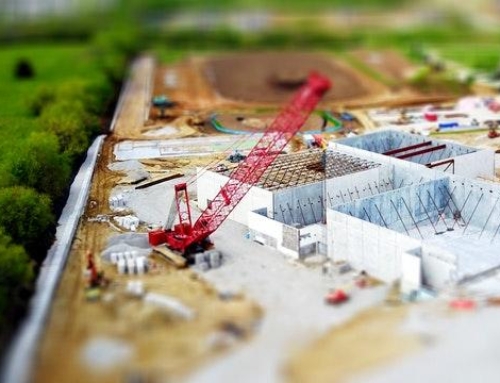As a result of our colonial history, many of our laws adopt English law but not the Land Use Act. Funny, it is actually a pretty recent law (1978). So before it, we had various systems of land administration depending on what part of Nigeria was in question.
Before I continue, I’ll define two concepts of land ownership. I’ll use a lot in this thread.
Freehold – A freeholder of a land owns it outright.
Leasehold – a leaseholder owns the land but for a specific period subject to the terms of the leasehold.
Before the Land Use Act, in many parts of Nigeria (take Lagos for instance), land belonged to the community and various families. So folks had administrative control over certain pieces of land if they belong to a land-owning family for eg Elegushi.
As a colonialized country, there were very many different systems of land ownership & post colonialism, land at least access to it was needed for economic development (think roads, hospitals, schools etc) but according to the govt, dealing with these diff systems was too complex
So they did what Nigeria does best! They created a committee
Some of your parents were part of that committee but let’s leave that. Anyway, that committee came up with some interesting recs. The main one was that the freehold Nigerians had in their lands should vest in the state governments & the govt will give them leasehold in exchange.
So basically, if you own land in Nigeria, you do not own land. Confusing right? Well, what you have is a leasehold for 99 years. That’s why the state government gives Certificate of Occupancy (the famous C of O). Wahala for who think say dem go pass the land to their children children.
After 99 years (which isn’t really a long time), the right to the land reverts to the state government and they’ll decide if they will renew your leasehold in that land and on what terms. 1978 + 99 is 2077 so in about 56 years we will begin to see how this plays out.
This are the items that infamous committee said they were trying to “correct”.
1. Make land easily accessible to all Nigerians
2. Prevent speculative purchases of communal land
3. Streamline and simplify the management and ownership of land
4. Make land available to government at all levels for development
5. Provide the system of Government administration of rights that will improve tenure security
Well, the law didn’t change most of this. It just created a more complicated process around land ownership in Nigeria. Right to own land is one of the basic principles of human rights law actually. And courtesy our current Land Use Act, it can be argued that Nigerians do not have the right to own land. In conclusion, the LUA was created to give government state control of the use and development of land in Nigeria – but this is problematic because that sort of government interference in property rights of its citizens is excessive (well except we are a core socialist state).The current system is so confusing and people just sell all sorts. For instance, you can’t really sell your land in Nigeria. What you are selling is the right of the reminder of the 99 years the government gave the original leaseholder.
Most lawyers/land rights activists advocate for the following:
1. That the LUA should give Nigerians Freehold interest in their lands.
2. That the state government approval to sell/transfer land should be abolished. It just gives room for more bureaucracy and scams!
Some FAQs:
1. Can the C of O be renewed after 99 years? Well, some lawyers believe yes. After all, anything granted can be renewed except where it is expressly forbidden. Although neither the C of O itself nor the LAU provides for this renewal (I’m open to superior reasoning)
2. If it can be renewed, who gets the renewal? The original leaseholder or the person currently holding it?
Hmmmm…Well, it could go both ways. But many lawyers believe it will be the person holding it at the time of expiry. This probably makes the most sense.
3. What happens to the house built on the land? This one is a complex thing whew.
Many lawyers will look to the Latin maxim – Quicquid plantatur solo, solo cedit” which means that “something that is or becomes affixed to the land becomes part of the land;”. So the house is really part of the land. So the person who owns the land, owns the house dear. Section 15 of LUA gives the leaseholder the right of the sole possession of the improvements on the land (the house) but ONLY for the period of the leasehold. So if the govt doesn’t renew the C of O, the house belongs to the government dear.
SOURCE: A twitter thread by @mochievious





